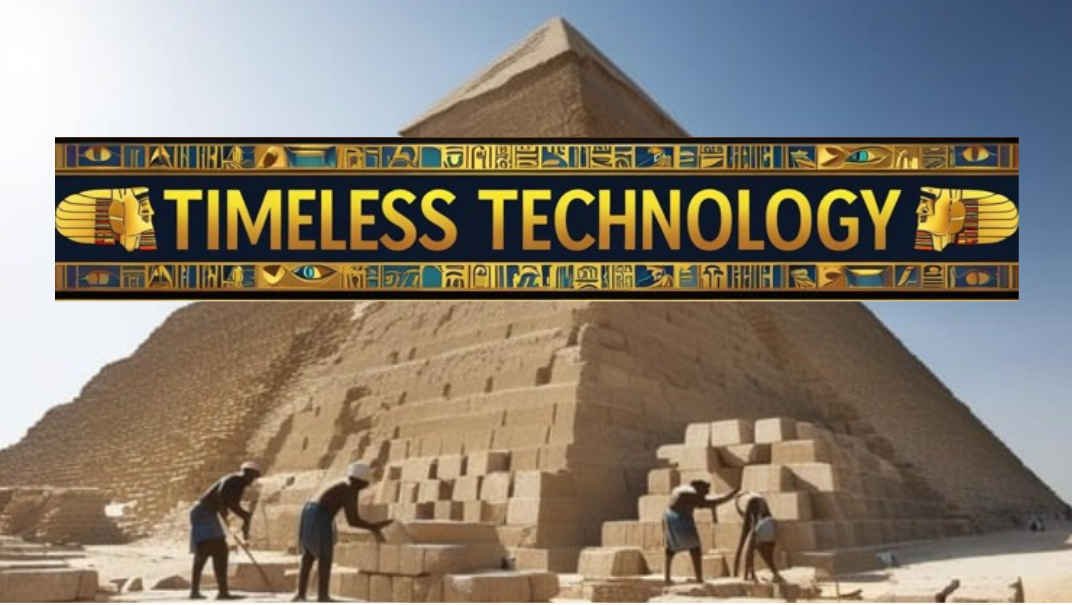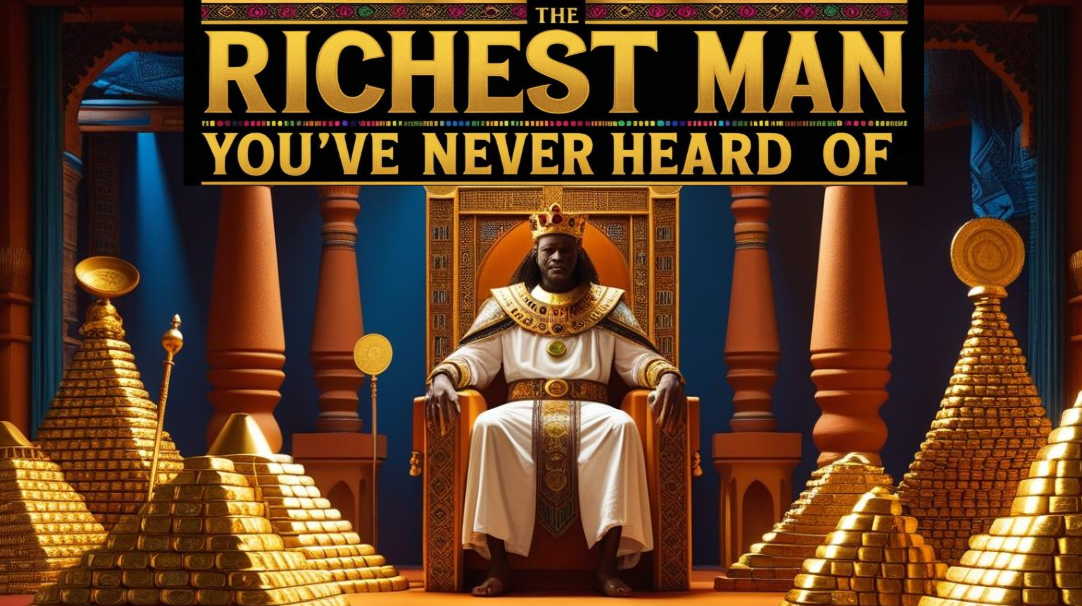
Start your free trial now!
Learning can be an adventure game!
We're a non-profit; donate to our cause!
Players learn to navigate misleading media and construct their own reality games!
Professor Independence
and the Quest for Truth
Professor Independence and the Quest for Truth is an immersive, 3D puzzle room game that pits players against the nefarious S-Quad as they search for the last keeper to the lost secrets of Truth Sleuthing.

Cultivates Resilience
A 'Grit' Economy encourages resilience with support as students persist through challenges and overcome obstacles in each game room.
Develops Critical Thinking
Players correct “FAKE FACTS” and synthesize information from a variety of sources to unlock the escape code for each room.
Fosters a Growth Mindset
Players think and achieve in new ways, unraveling unhealthy stereotypes about themselves as learners.
What is the quest lab?
In the Fearless Adventures Quest Lab, makers take charge of their learning by creating educational games to share with friends. An AI Game Master walks them through the game design steps as they explore inquiry-driven topics of interest. Makers will develop:
Design Thinking
The iterative design process of game building mimics industrial and market systems that shape the world economy.
creativity
Players flex their creativity muscles as they imagine new ways to share their points of view as interactive choice adventures.
Empathy and resilience
Designing a game sharpens perspective-taking skills, while refining it through peer feedback fosters resilience.
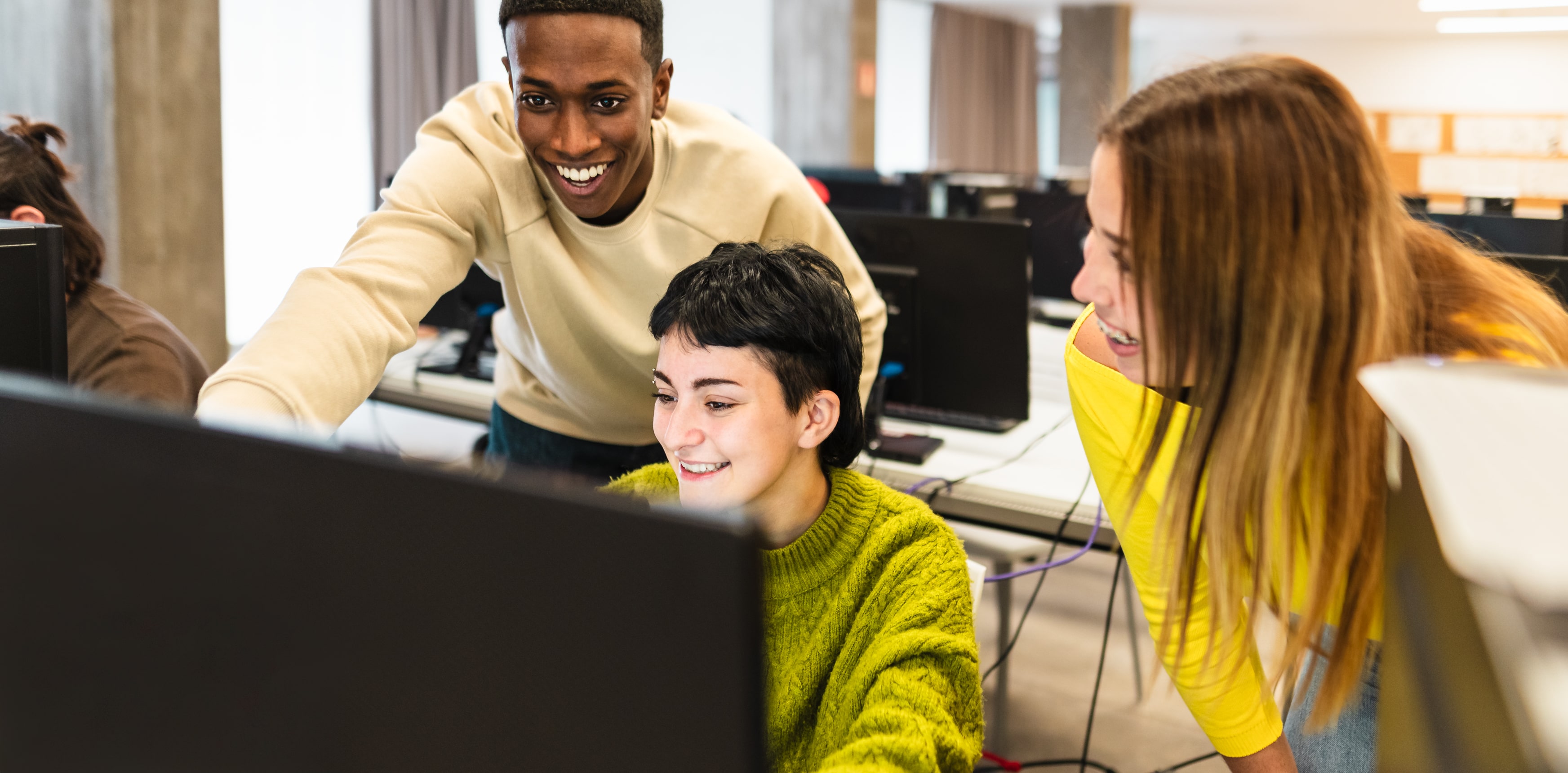
How to get started
Makers will choose from three AI-collaborative Google Slides game-building systems:
You Quest (Beginner)
A choice-driven adventure where players walk in someone else’s shoes. One path reflects the eye-witness story of the game’s creator—others are fictional. Can players tell which path is real?
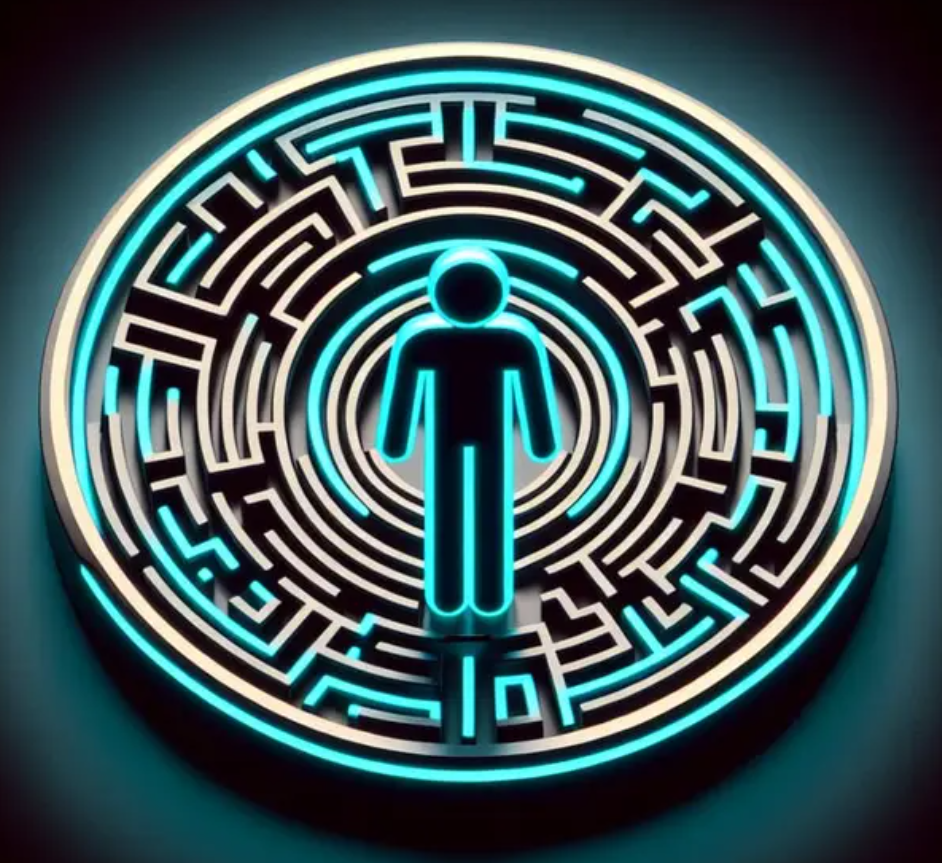
Factasy Quest (Intermediate)
A fantasy adventure where players make bold choices and test what’s true—separating fact from fiction by checking trustworthy sources along the way.

Codebreaker Quest (Advanced)
A twist on the escape game where players examine Arti-FACTS supported by reliable sources, uncovering clues to coded passwords that unlock a secret path forward.
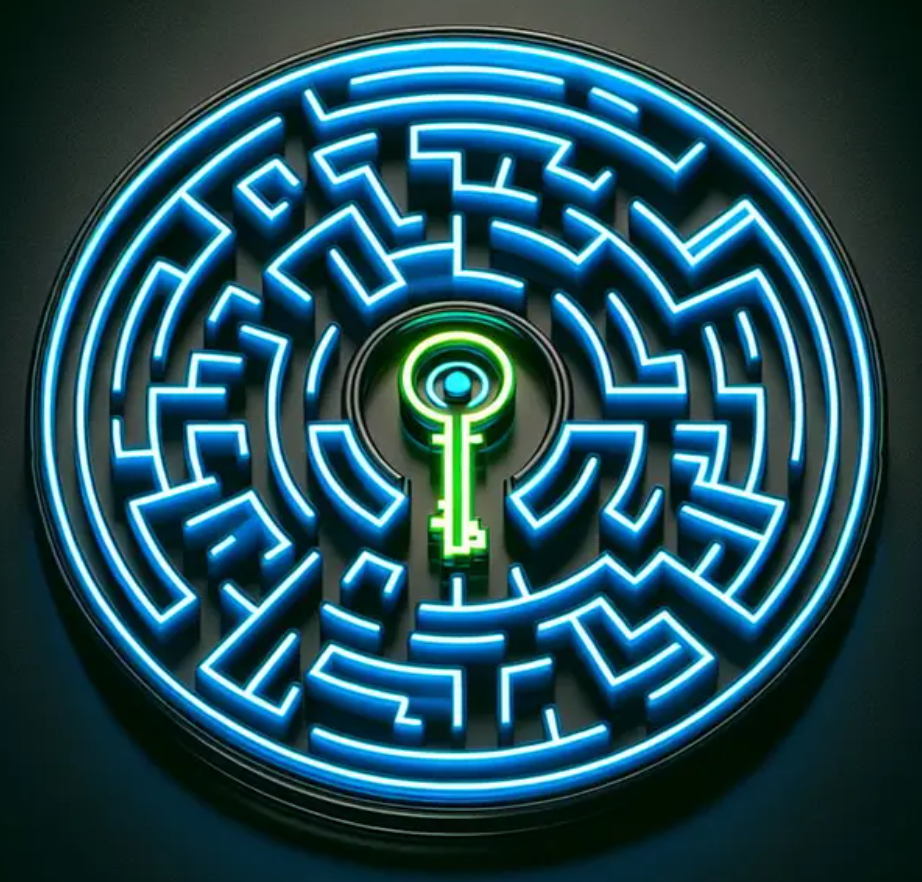
Donate to help us make learning fun for all!
What our gamers say
Gaming can have a significant impact on student learning and many studies have shown it to be very effective as students are more engaged and motivated to learn while they are having fun. But don’t take our word for it, see what our gamers are saying.
"extremely relevant to the current student reality"
“I think this . . . is extremely relevant to the current student reality. Students are distracted by many things but often find solace in the cooperative, social experience of games. Adults do it all the time!”
"Students learn more through the production of content and having agency over the outcome."
“I believe students learn more through the production of content and by having agency over the outcome. . .students can create more personally meaningful realities when they create the game themselves.”
"constructing a game . . . helps the creator think more deeply about the material and transfer the knowledge into a new context"
“Engaging in a game can help students confirm understanding . . . in a way that is deeper than passive reception of a lecture. In constructing a game, however, the necessary step of creating structure out of the information and organizing it helps the creator think more deeply about the material and transfer the knowledge into a new context.”
"I absolutely LOVED making inquiry games with my friends."
“I loved the search for Professor Independence … I absolutely LOVED building inquiry games with my friends.”
"Something that I accomplished that I am most proud of was making a game"
“Something that I accomplished that I am most proud of this year was making a game…it was something that you don't normally get to do and that was very fun to do in class… I got to show my parents and the game was really fun to make.”
"[Making games] helped me learn a ton about my topic"
“If you can, make sure other students get to make [games]. They are so entertaining, fun, they helped me learn a ton about my topic, I got to bond with the people I worked with, and it was overall such a great experience. Making the games is probably one of my favorite memories from sixth grade!"
"What an incredible gamification journey!"
“What an incredible gamification journey! I have enjoyed every quest and developed new skills that will help me in the future. It is a fantastic way to engage and motivate my students.”
"You taught me how not to fall for fake news"
“You taught me how not to fall for fake news which became really helpful this year in 8th grade when we started studying our own independent subjects and I saw my peers . . . getting the wrong information because they weren’t taught truth sleuthing.”
"This is the most engaged I’ve seen him with ‘school work’. Ever."
"I am a teacher. My son has ADHD. This is the most engaged I’ve seen him with ‘school work’. Ever."


